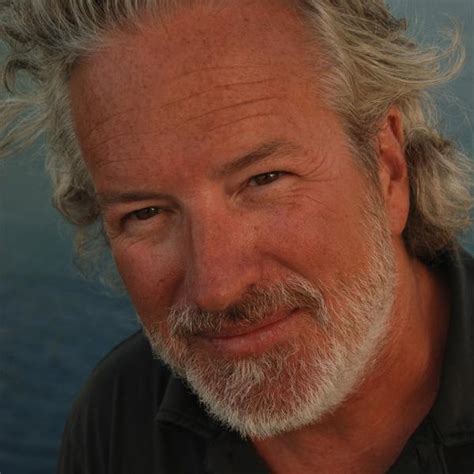A Quote by Jon Bowermaster
More than four billion people live within a stone's throw of the ocean, so what happens to it affects them immediately, daily, whether pollution, more frequent storms, or rising sea levels.
Related Quotes
Carbon dioxide pollution is transforming the chemistry of the ocean, rapidly making the water more acidic. In decades, rising ocean acidity may challenge life on a scale that has not occurred for tens of millions of years. So we confront an urgent choice: to move beyond fossil fuels or to risk turning the ocean into a sea of weeds.
love is thicker than forget more thinner than recall more seldom than a wave is wet more frequent than to fail it is most mad and moonly and less it shall unbe than all the sea which only is deeper than the sea love is less always than to win less never than alive less bigger than the least begin less littler than forgive it is most sane and sunly and more it cannot die than all the sky which only is higher than the sky
Depending on how quickly you get ocean rise, you have people who live in river deltas [at risk]. Bangladesh is largely a river delta, and the rising sea level means that when storms come in, the human sanitation is backing up, the ability to farm, it's destructive-type situations like you saw in New Orleans with Katrina. You're increasing the frequency of that stuff in low-lying areas fairly dramatically.
They call them the haunted shores, these stretches of Devonshire and Cornwall and Ireland which rear up against the westward ocean. Mists gather here, and sea fog, and eerie stories. That's not because there are more ghosts here than in other places, mind you. It's just that people who live hereabouts are strangely aware of them.
One of the problems with industrialism is that it's based on the premise of more and more. It has to keep expanding to keep going. More and more television sets. More and more cars. More and more steel, and more and more pollution. We don't question whether we need any more or what we'll do with them. We just have to keep on making more and more if we are to keep going. Sooner or later it's going to collapse. ... Look what we have done already with the principle of more and more when it comes to nuclear weapons.
If I own a large part of Scotland, I can turn the people off the land practically into the sea or across the sea. I can take women in child-bearing and throw them into the snow and leave them there. That has been done. I can do it for no better reason than I think it is better to shoot deer on the land than allow people to live on it.

































